Van (Turkish: Van; Armenian: Վան; Kurdish: Wan; Ottoman Turkish: فان; Medieval Greek: Εύα, Eua) is a city in North Kurdistan / southeastern Turkey, on the eastern shore of Lake Van. The city has a long history. It has been a large city since the first millennium BC, initially as the capital of the kingdom of Urartu in the 9th century BC and later as the center of the Armenian kingdom of Vaspurakan. Today, Van has a Kurdish majority and a sizeable Turkish minority.
In 2010 the official population figure for Van was 367,419, but many estimates put it much higher with a 1996 estimate stating 500,000 and former Mayor Burhan Yengun is quoted as saying it may be as high as 600,000.
Van is also a university city. It is famous for its incredible breakfasts, and for curious white cats with one green and one blue eye.
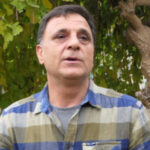
Environmentalist Güner Yanlıç said that they are "just as opposed to solar plant projects as we are to dams."
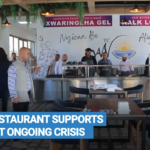
Van (Wan) Metropolitan Municipality has opened a new low-cost restaurant, Kent Lokantası, in İpekyolu (Rêya Armûşê) district's Beşyol Park. The initiative aims to support residents struggling with the ongoing economic crisis in Turkey.

Large-scale agricultural production in Turkey and North Kurdistan is based on brutal exploitation, which particularly affects women, who do not even receive 16 euros for twelve-hour days in sweltering heat.
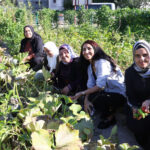
“Women’s City Garden” opened by the Rêya Armûşê (İpekyolu) Municipality held by the DEM Party has yielded its harvest. “We get what we produce,” said Sebiha Yakut, one of the women working in the garden.
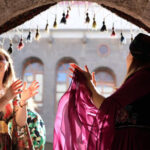
In order to make it easier for women to participate in public life, "Jinkart" project has been introduced in Kurdish cities in Turkey. The municipal projects for women that were shut down under state administration are being reactivated.
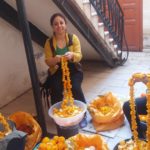
This article aims to analyse the economic dimension of Democratic Autonomy, whose creation is projected to take place alongside politics, self-defence, diplomacy, culture, ecology and collective emancipation, and relates to the reader the arguments and experiences within the economic field.
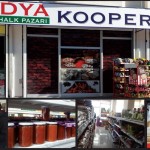
Opposed to the economy controlled by the state and corporations, the number of cooperatives where relations of production and consumption are formed without intermediaries is on the rise. Recently, these cooperatives have begun to emerge in Kurdistan, as a reflection of the operation of an economy independent from the state and corporations. Below we share the interview we carried out with one of these co-operatives, the Medya Consumers’ Cooperative (Medya Tüketim Kooperatifi), at their market in Wan.
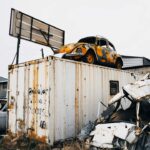
Raise in Special Consumption Tax (ÖTV) affects the secondhand car market negatively in Turkey. Van Car Dealers’ Cooperative chairperson İsmet İnan stated that the capital of car dealers shopkeepers reduced by half and added they did not predict a drop in prices.








